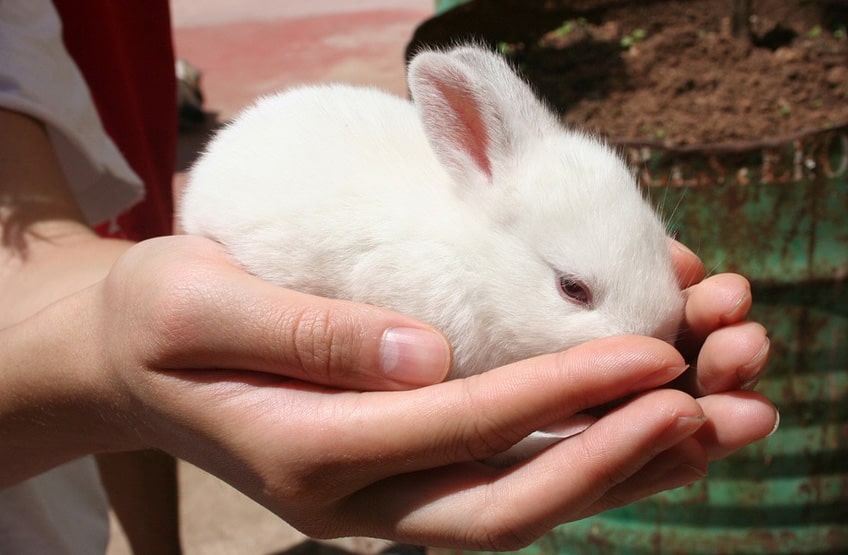
Caring for Baby Rabbits: A Comprehensive Guide
Baby rabbits, also known as kits, are incredibly delicate and require specialized care to thrive. Whether you’re a new rabbit owner or have encountered orphaned kits, understanding their unique needs is crucial for their well-being. This comprehensive guide will provide you with all the essential information on caring for baby rabbits, from feeding and housing to health monitoring and socialization.
Feeding Baby Rabbits
Formula Feeding:
- If the mother rabbit is unavailable or unable to nurse, formula feeding is necessary.
- Use a kitten milk replacer specifically designed for rabbits.
- Feed every 2-3 hours, around the clock.
- Warm the formula to body temperature (100-105°F).
- Use a syringe or bottle with a small nipple.
- Feed 2-5 ml per feeding, depending on the kit’s age and size.
Nursing:
- If the mother rabbit is present and nursing, allow the kits to nurse as often as they need.
- Provide a quiet and safe environment for nursing.
- Monitor the kits’ weight to ensure they are gaining weight appropriately.
Weaning:
- Start weaning kits around 4-6 weeks of age.
- Gradually introduce solid foods, such as hay, pellets, and fresh vegetables.
- Continue offering formula or mother’s milk until the kits are fully weaned.
Housing Baby Rabbits
- Provide a warm and draft-free environment.
- Use a nest box lined with soft materials, such as towels or blankets.
- Keep the nest box clean and dry.
- Provide a litter box with appropriate litter.
- Gradually increase the size of the enclosure as the kits grow.
Health Monitoring
- Monitor the kits’ weight daily to ensure they are gaining weight appropriately.
- Check for any signs of illness, such as lethargy, discharge from the eyes or nose, or diarrhea.
- Keep the kits clean and free of parasites.
- Consult a veterinarian promptly if you notice any health concerns.
Socialization
- Handle the kits gently and regularly to socialize them.
- Introduce them to other rabbits gradually and under supervision.
- Provide plenty of toys and enrichment activities to stimulate their mental and physical development.
Additional Care Tips
- Keep the kits warm by providing a heat source, such as a heating pad or hot water bottle.
- Monitor the kits’ temperature regularly.
- Clean the kits’ enclosure daily.
- Provide fresh water at all times.
- Avoid giving the kits any human food or treats.
- Be patient and attentive to the kits’ needs.
Special Considerations for Orphaned Kits
- If you find orphaned kits, it is crucial to seek professional help immediately.
- Keep the kits warm and hydrated until you can reach a veterinarian.
- Do not attempt to feed the kits yourself unless instructed by a veterinarian.
- Follow the veterinarian’s instructions carefully for feeding, housing, and socialization.
Conclusion
Caring for baby rabbits requires dedication, patience, and a deep understanding of their unique needs. By providing proper feeding, housing, health monitoring, and socialization, you can ensure that your baby rabbits thrive and grow into healthy and happy adults. Remember to consult a veterinarian regularly for guidance and support throughout the process.
